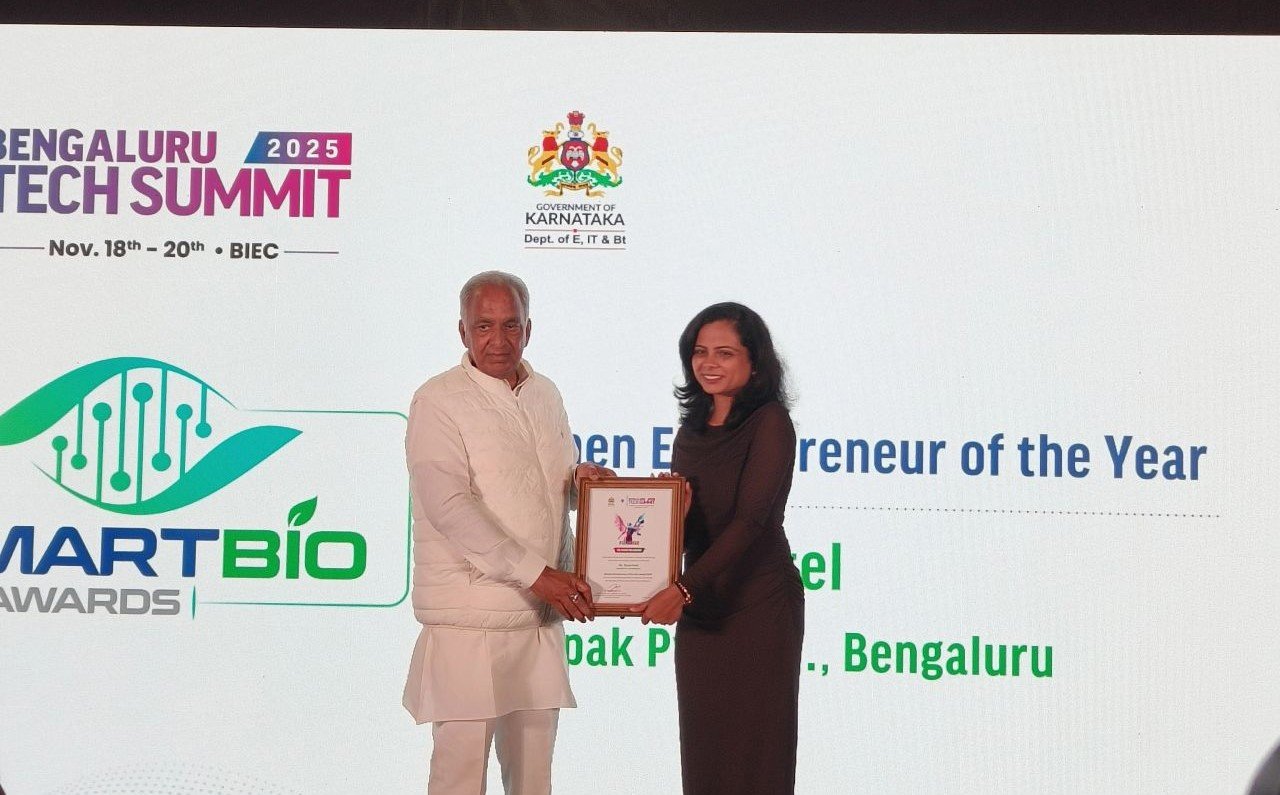New study finds Pfizer vaccine less effective against South African variant
March 26, 2021 | Friday | News
The scientists looked at the effectiveness of the vaccine against the original viral strain, the British and the South African variants, as well as strains that harbour combined changes in the viral spike
Source credit: Shutterstock
The Pfizer Coronavirus vaccine is moderately less effective against the South African variant, but neutralizes the British variant and the original SARS-CoV-2 strain very well, according to a new vaccine study conducted by Ben-Gurion University of the Negev scientists.
Their findings were published this week in the prestigious journal Cell Host & Microbe.
The scientists looked at the effectiveness of the vaccine against the original viral strain, the British and the South African variants, as well as strains that harbour combined changes in the viral spike. They are continuing to test other circulating variants as they constantly emerge with the hope to identify potentially risky mutations that can compromise the vaccine. Their findings indicate that the Pfizer vaccine is effective against the original SARS-CoV-2 strain and the British variant, but provides weakened protection against the South African variant and the combined British-South African variants.
“Our findings show that future variants could necessitate a modified vaccine as the virus mutates to increase its infectivity,” says Principal Investigator, Prof Ran Taube, Shraga Segal Department of Microbiology, Immunology and Genetics in the Faculty of Health Sciences.
Prof Taube and his team also compared neutralising antibody levels following administration of one and two doses of the vaccine, as opposed to levels in patients that have recovered from COVID-19. They found that vaccination provided optimal levels of protection, when compared to the lower levels of protection that were observed in recovered patients.
Additional researchers include first author Alona Kuzmina, a research investigator in Prof Taube’s lab, and collaborating investigators from Soroka University Medical Center in Beer-Sheva - Yara Khalaila, Olga Voloshin, Ayelet Keren-Naus, Liora Bohehem, Yael Raviv, Prof Yonat Shemer-Avni, and Dr Elli Rosenberg.
This study was supported by the Israel Ministry of Science and Technology grant no 3-16897, the Israel Science Foundation grant application no 755/17 and the BGU COVID-19 Research Taskforce.










